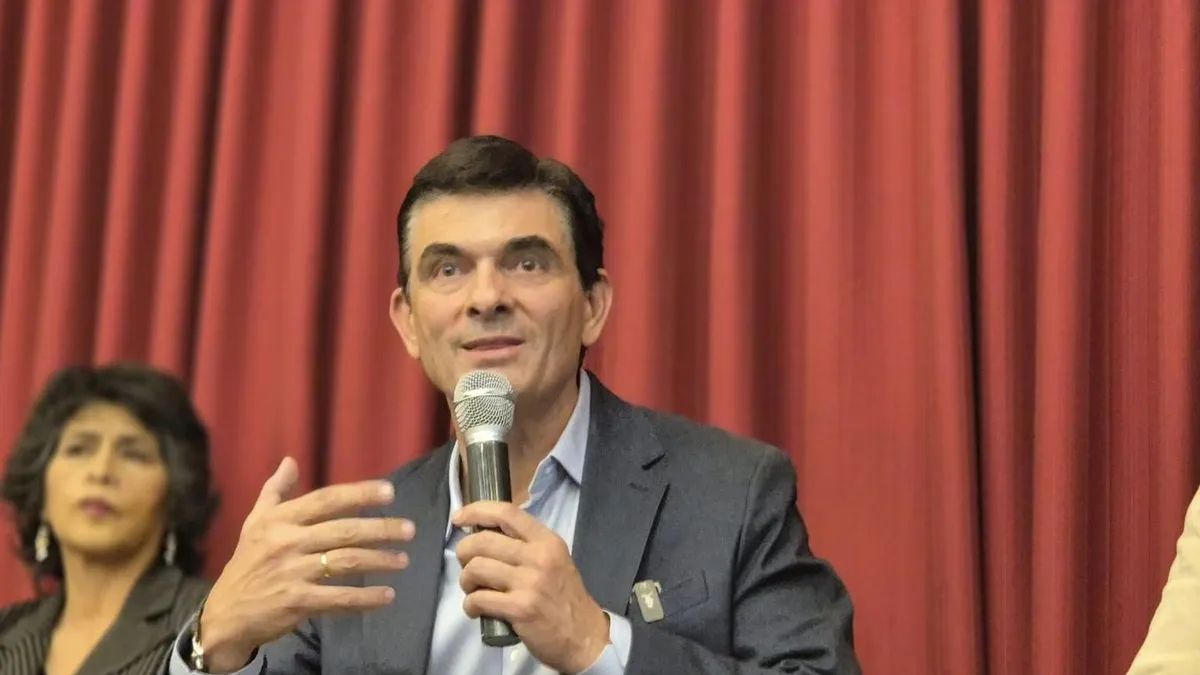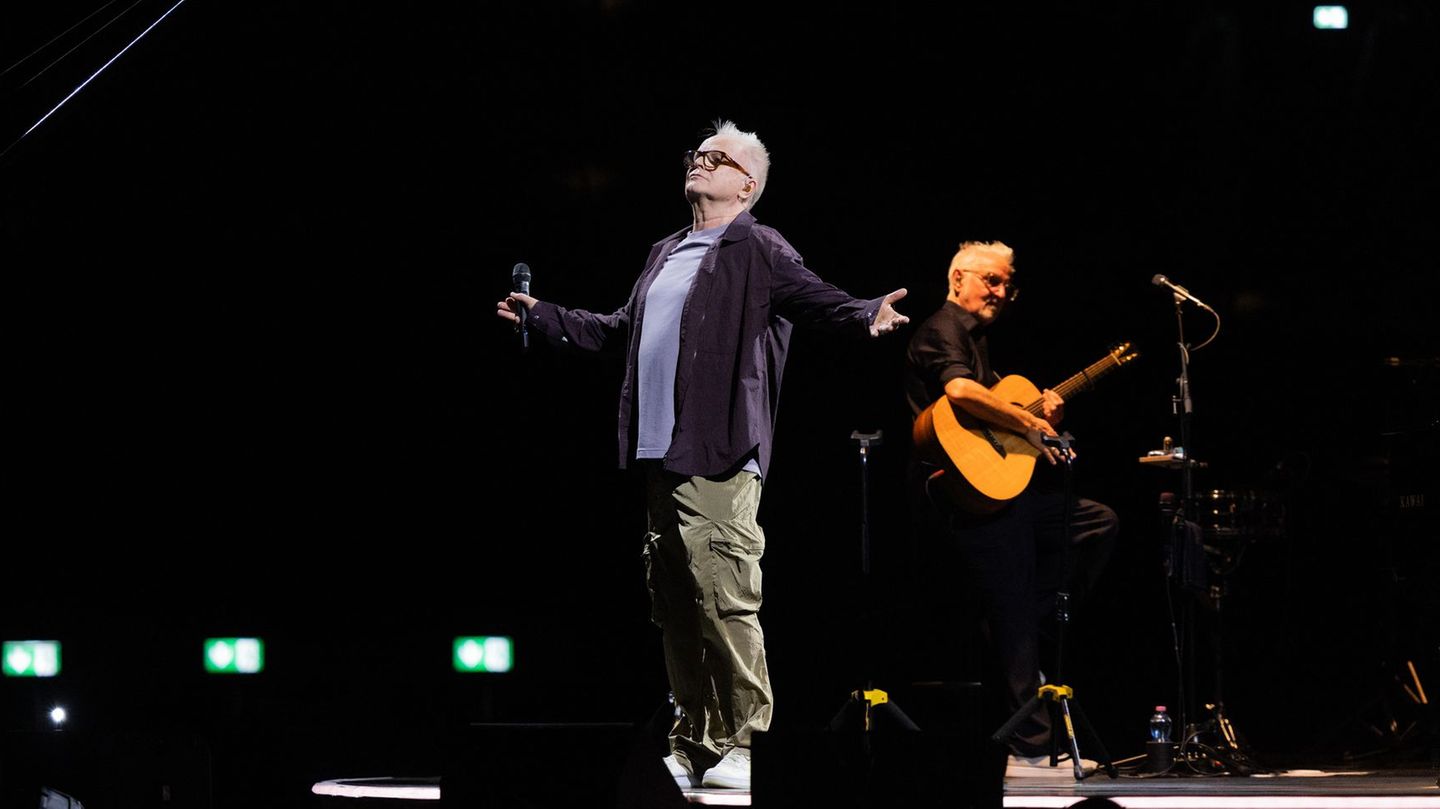After the new elections, France is left with a shambles: a majority capable of governing is not in sight. Now a feverish search is underway for a solution.
After the surprise victory of the left in the new elections in France, there is uncertainty about how a government can be formed. Prime Minister Gabriel Attal submitted his resignation as announced. However, head of state Emmanuel Macron rejected this and asked him to remain in office with his government for the time being in order to ensure the stability of the country, as the Élysée Palace in Paris announced.
Situation more complicated than before
The search for his successor could be very difficult, as none of the alliances has achieved an absolute majority. The new left-wing alliance in France wants to agree on a candidate for the office of prime minister as quickly as possible after its victory. This must be decided this week, either by consensus or through a vote among the parties belonging to the left-wing alliance, Socialist leader Olivier Faure told the broadcaster Franceinfo. The impression must not be created that the left-wing alliance is not capable of governing. Other representatives of the alliance expressed similar views.
However, the camp went into the election without a leading candidate, and there is no favorite for the office of prime minister so far.
France’s divided left had only joined forces a few weeks ago to form the Nouveau Front Populaire. In the European elections at the beginning of June, the parties had still run separately. The main dispute is over the old left-wing leadership icon Jean-Luc Mélenchon. The populist, who has attracted attention with his Eurosceptic statements and is clearly pro-Palestinian, is being heavily criticized even within his own party.
The alliance of leftists, communists, socialists and greens does not have a clear leadership. There is also no common program. The groups wanted to meet in the afternoon to explore a common course.
Macron remains silent
Macron has so far said little about the issue. It is true that he has a political obligation to appoint a prime minister from the largest camp that is ready to govern. However, he does not have to follow the proposal of this camp in every case. He can also choose another representative from the camp.
On Sunday, the Élysée Palace simply said that before making any decisions, the head of state would wait for the final result of the election and the final composition of the National Assembly. “The President, in his role as guarantor of our institutions, will ensure that the sovereign choice of the French is respected,” it said.
Macron dissolved the National Assembly in June after his party’s bitter defeat in the European elections and announced new elections. He was hoping to expand the relative majority of his centrist forces in the lower house. He did not succeed. However, the defeat was not as great as expected, probably because many voters wanted to prevent a victory for the right-wing nationalist Rassemblement National (RN) in the second round.
Right-wingers are self-critical and confident
RN party leader Jordan Bardella admitted mistakes in the election campaign and took responsibility for them. After the first round of voting a week ago, forecasts put the RN just short of an absolute majority and thus possibly in a position to form the next government. Now the party landed in third place behind the left-wing alliance and Macron’s camp. However, it is more strongly represented in parliament than ever before.
Bardella looked confidently into the future: “We will govern and the wave that carries us is a powerful wave that will bring us to power,” he told the television station BFMTV.
Difficult government formation and stalemate feared
How things will continue now remains to be seen. The parliamentarians have until July 18 to form the factions. It is uncertain whether the Left can set up a minority government on its own. The other factions could bring down such a government with a vote of no confidence. The Left could also try to get support from the centrist forces – either as a minority government with tolerance or in a kind of grand coalition.
However, given the opposing political orientations, it is unlikely that this will succeed. What makes matters worse is that French political culture is geared more towards confrontation than cooperation.
If neither camp can find a government majority, the current government could take over on an interim basis or a government of experts could be appointed. In such a scenario, France faces political deadlock. Another dissolution of parliament by Macron and new elections would not be possible until July 2025.
Source: Stern
I have been working in the news industry for over 6 years, first as a reporter and now as an editor. I have covered politics extensively, and my work has appeared in major newspapers and online news outlets around the world. In addition to my writing, I also contribute regularly to 24 Hours World.




